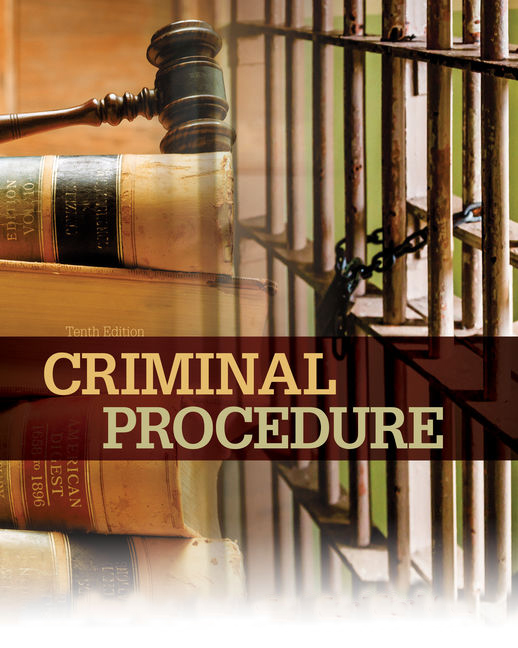The limitation to take cognizance on a complaint after a period of one year asper Section 486 of the CrPC is not applicable to complaints of continued cause of action. This was decreed by the High Court of Chhattisgarh by the Hon’ble Shri Justice Narendra Kumar Vyas in the case of Mohd. Fahim Shekhani and Ors. Vs. Amrin Bano [CRMP No. 549 of 2021] on the 30th of June 2021.
The brief facts of the case are, the petitioner and respondent got married on 22.01.2015 asper the Muslim Law. The respondent was harassed and was meted with cruelty by the petitioners and thus, the respondent filed a complaint under Section 498A of the Indian Penal Code. In 2018, she filed a complaint stating that she was suffering from domestic violence by the petitioners and claimed for a restraining order, monetary relief and custody of the child. The magistrate took cognizance of the offence and issued a notice to the petitioners. The petitioners however, filed an application under Section 203 of the Cr.P.C. for dismissal of the complaint as it is barred by limitation mainly contending that the respondent has deserted matrimonial house of the petitioners on 04.04.2017, whereas she has filed present complaint on 27.10.2018 i.e., after lapse of one year and six months, therefore, it is barred by limitation as per Section 468 of the Cr.P.C. The respondent replied to this application contending that it is a continued cause of action and thus Section 468 will not apply. The trial court dismissed the application on the grounds contended by the respondent. This was challenged by the petitioners in the present petition filed before the hon’ble court.
The learned counsel for the petitioner submitted that trial court has committed irregularity and illegality in passing the impugned order, which is liable to be quashed by this Court exercising inherent power under Section 482 of Cr.P.C. As per this section, cognizance on the complaint after period of one year cannot be taken by the Judicial Magistrate as punishment has been provided in this Act is less than one year, therefore, the complaint is barred by limitation and the same is liable to be rejected. However, the counsel for the respondents contended that this was a ‘continued offence’ and thus the period of limitation of one year, would not be effective in the current case.
The learned Judge heard the submissions of both the parties and proceeded to analyze the word ‘continued offence’ relying on the judgement by the Supreme Court in the case, Bhagirath Kanoria & others Vs. State of M.P (1984) 4 SCC 222 wherein, “A continuing offence is one which is susceptible of continuance and is distinguishable from the one which is committed once and for all. It is one of those offences which arises out of a failure to obey or comply with a rule or its requirement and which involves a penalty, the liability for which continues until the rule or its requirement is obeyed or complied with. On every occasion that such disobedience or non-compliance occurs and recurs, there is the offence committed. The distinction between the two kinds of offences is between an act or omission which constitutes an offence once and for all and an act or omission which continues and there- fore, constitutes a fresh offence every time or occasion on which it continues. In the case of a continuing offence, there is thus the ingredient of continuance of the offence which is absent in the case of an offence which takes place when an act or omission is committed once and for all.”
From the above mentioned proposition of law, the Hon’ble High Court upheld the order by trial court stating that, “it is quite clear that the reliefs sought by the respondent is of continued in nature as she has prayed for restraining petitioners from repetition of domestic violence, her entrance into matrimonial house where she was residing with respondent, monetary relief, custody of child and for grant of Compensation” and dismissed the petition observing no illegality or irregularity committed by the trial court.


